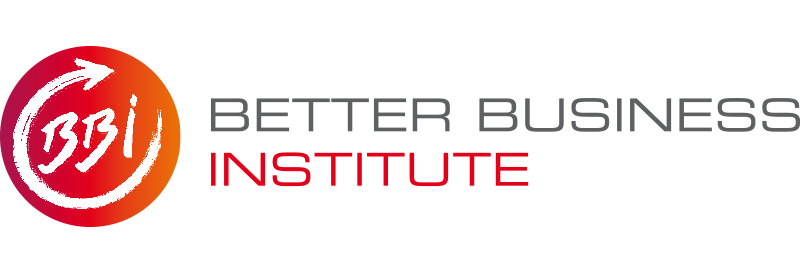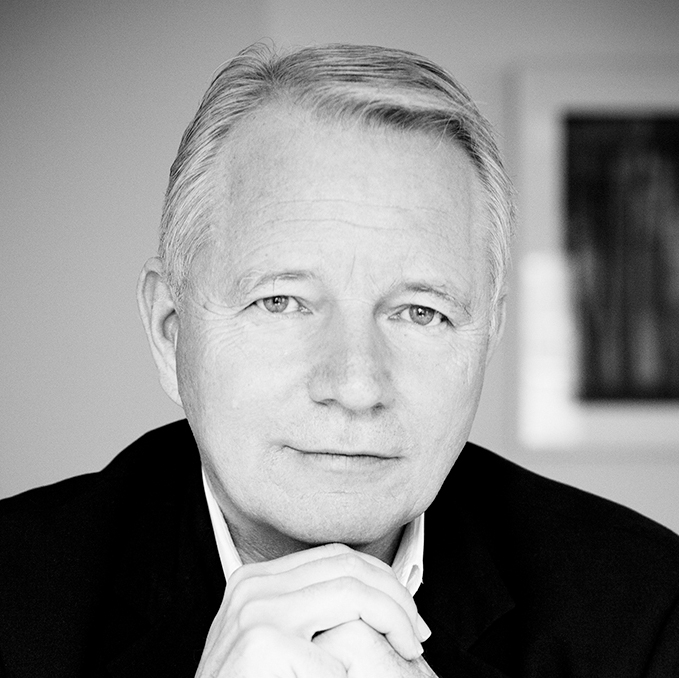“In next generation organisations the role of the leader changes fundamentally. The focus moves from motivating, organising and controlling the elements of a system, to creating the enabling conditions for emergence, innovation and resilience. Sometimes this will mean to get out of the way."
RALF SCHNEIDER
Managing Partner
Better Business AG
Location: Zurich
LEADING FROM THE FUTURE Part III
TOWARDS A FRAMEWORK FOR NEXT GENERATION LEADERSHIP
In the first part of this series we looked at how the source of strategic competitive advantage has changed over time, pushing businesses to adopt next generation business models, structures and capabilities to survive in the digital age.
The second part examined two core dimensions of this evolution: Responsiveness and Responsibility (R&R). Teams, organisations and eco-systems need to evolve their R&R to improve their organisational capability to master the complexity, disruption and exponential change to achieve new levels of co-creation and speed of transformation.
We saw that creating new structures, processes and technologies alone is not sufficient to achieve the desired levels of innovation and resilience. The interconnected nature of today’s economy, digital technology and the emerging forms of organisations (networks and eco-systems), trigger new forms of value creation, while crossing traditional boundaries within and between organisations. This, in turn, will require an upgrade of current organisational culture and leadership.
In this third part we outline how this upgrade will impact the role and required mindset of Next Generation Leaders.
As we explore core elements of this transformation, it is helpful to differentiate 3 perspectives from which we can examine leadership:
- Leadership as an organisational function (a group of senior people in a system)
- Leadership as an individual’s role and activity (formal or informal)
- Leadership as a dynamic social process (between leaders and followers)
Here we will focus on the second and third perspective.
The future role of leadership
We start by looking at how the role of a leader changes as organisations move from flexible to fluid structures.
In next generation fluid structures (holocracies, adhocracies, team of teams, agile networks etc) the role of the leader transforms. The focus shifts from organising and controlling the elements of the system (the members of a team), to facilitating the liminal space* in-between the elements: the relationships, the interactions, the cohesion and the overall integrity of the system.
The focus moves to creating the enabling conditions for fluidity by eliminating boundaries that might get in the way of new ideas. New solutions and innovation emerge from open lateral cooperation between the elements of the system (team, organisation, ecosystem). As a result, the role of the leader is largely concerned with creating the right environment for the liminal space to become productive for co-creation. At the individual level, this is largely a function of the personal impact of the individual leader and their ability to create trust-based relationships.
ABOUT THE AUTHOR:
Ralf Schneider is the Founder and Managing Partner of Better Business. With an academic background in business, he has spent more than two decades in leadership roles as Partner and Senior Executive in the global professional and financial services industries. As an executive, he has led large scale culture and leadership initiatives transforming global industry brands. As a thought leader he has been contributing to the development and practice of Responsible Leadership as a new model of leadership for Next Generation business. He has spearheaded award-winning talent and leadership initiatives linked to building leading global industry brands. He works with C-suite executives and their teams to shape and implement strategy and culture transformation. As the Chairman of the International Consortium for Executive Development and Research (ICEDR) and a Founding Board Member of the European Corporate Learning Forum Ralf takes an active interest in the development next generation talent and leadership practices. He is a frequent contributor at international conferences, publications and corporate leadership events in Europe, Asia and the US with a focus on culture and leadership transformation.
connect@betterbusinesspartners.biz
Better Business - LinkedIn Page
Better Business - Website







